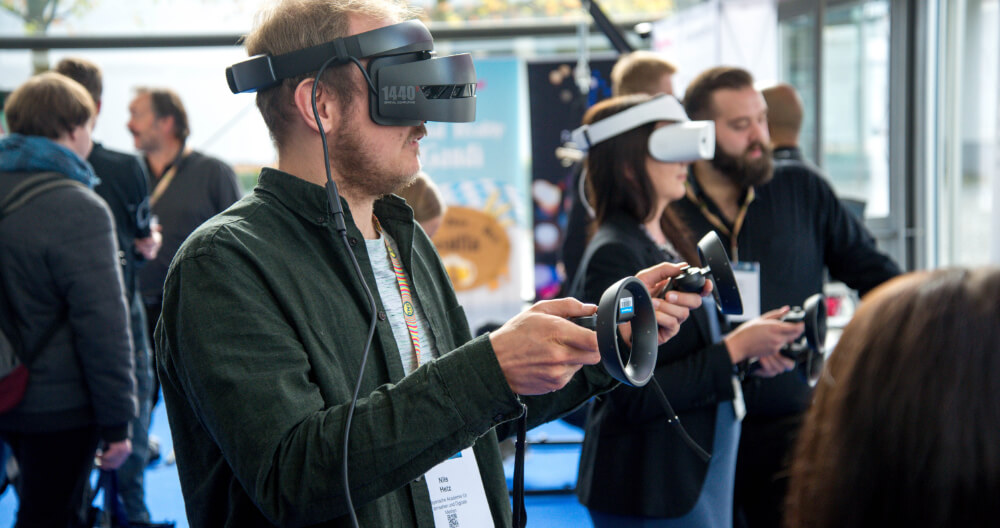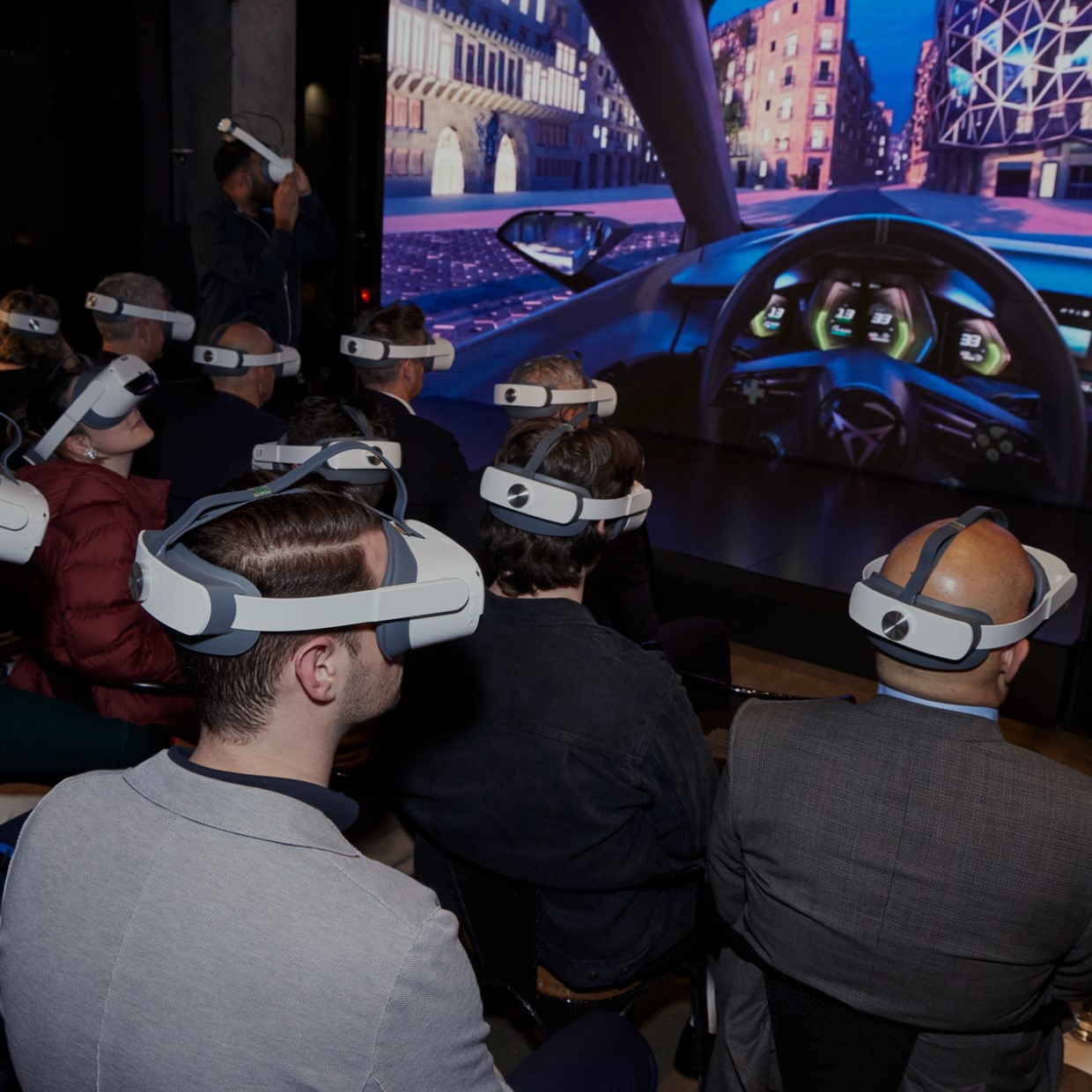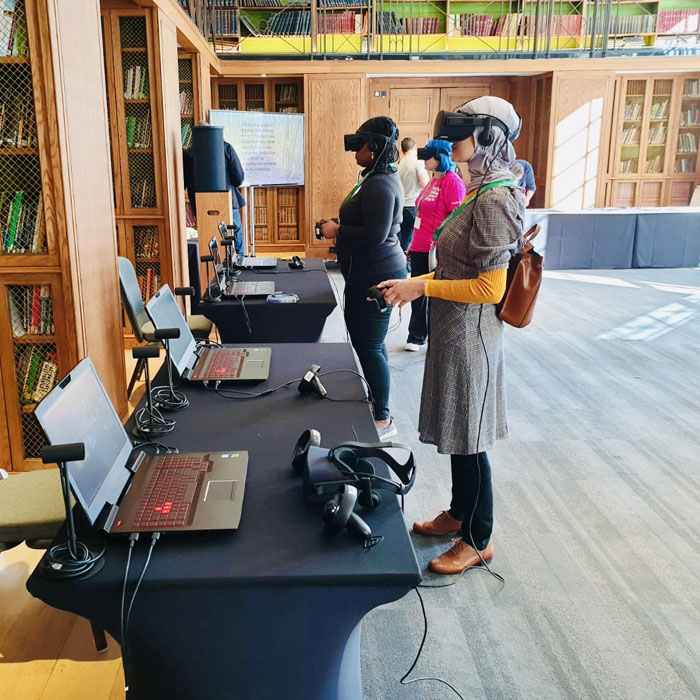
Here are three industries that are using virtual reality more and more often: construction, healthcare and aerospace.
Construction
The construction industry has grasped the myriad possibilities virtual reality offers. Creating a physical 3D model of a construction site requires extensive time, expertise and cost. Furthermore, it still leaves the potential for inaccuracies and errors that are difficult to remedy after the fact. Virtual reality use has streamlined this process. Architects and construction teams can immerse themselves within a structure and evaluate its functionality before a single brick is laid. Employers can train designers and workers using this hardware; they’re simply given a virtual space to try out new ideas to see if they are technically sound and feasible.
Want to see examples of such virtual reality uses? Check out these five architectural studios using VR to showcase ideas to clients.
Healthcare
Virtual reality training is fast becoming an indispensable tool in training doctors to the highest possible standard. Researchers have found rehearsing surgery in VR can speed up the process by 10%. This means the patient spends less time under anaesthetic and, consequently, the risk to their health is lower. Following such studies, professors at the medical school at Stanford in California have introduced virtual reality training for medical students.
In the healthcare industry, not only is this technology being harnessed in the form of virtual reality training, but the research team at Cambridge University has also recently begun to construct 3D models of cancerous tumours. Researchers can explore these tumours in VR, allowing medical practitioners new insights into the disease.
Aerospace & Chemicals
Similar to the healthcare industry, many other high-risk industries utilise VR to simulate situations where lives are at risk. Pilots learn to fly on aviation simulators. Engineers and crisis managers rehearse disaster scenarios without having to use expensive assets and locations for training. Indeed, overhauling this type of training with VR is the future of many industries. Overall, it enables critical staff to train faster and more effectively.
Last year, the U.S. Air Force certified 13 pilots in half the time it would normally take and at a fraction of the cost by combining traditional training with virtual reality headsets. Similarly, with the use of VR, plane technicians learn how to complete manual tasks rapidly and accurately. As a result, their rate of learning increases exponentially.
From presenting a potential product to a client to assisting in the training of a workforce, virtual reality has a number of viable applications across many industries. With technology this advanced, your imagination really is the limit.
Does virtual reality interest you and your business? Take a look at Hire Intelligence’s virtual reality rental options here.





